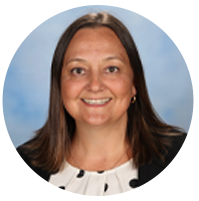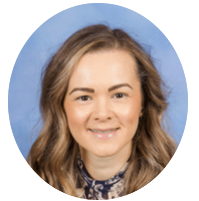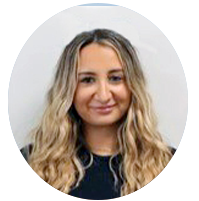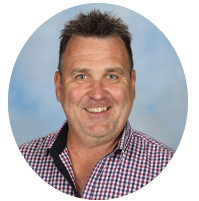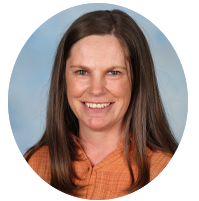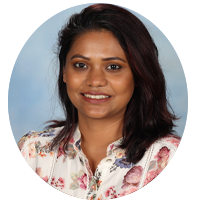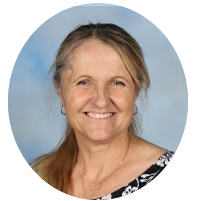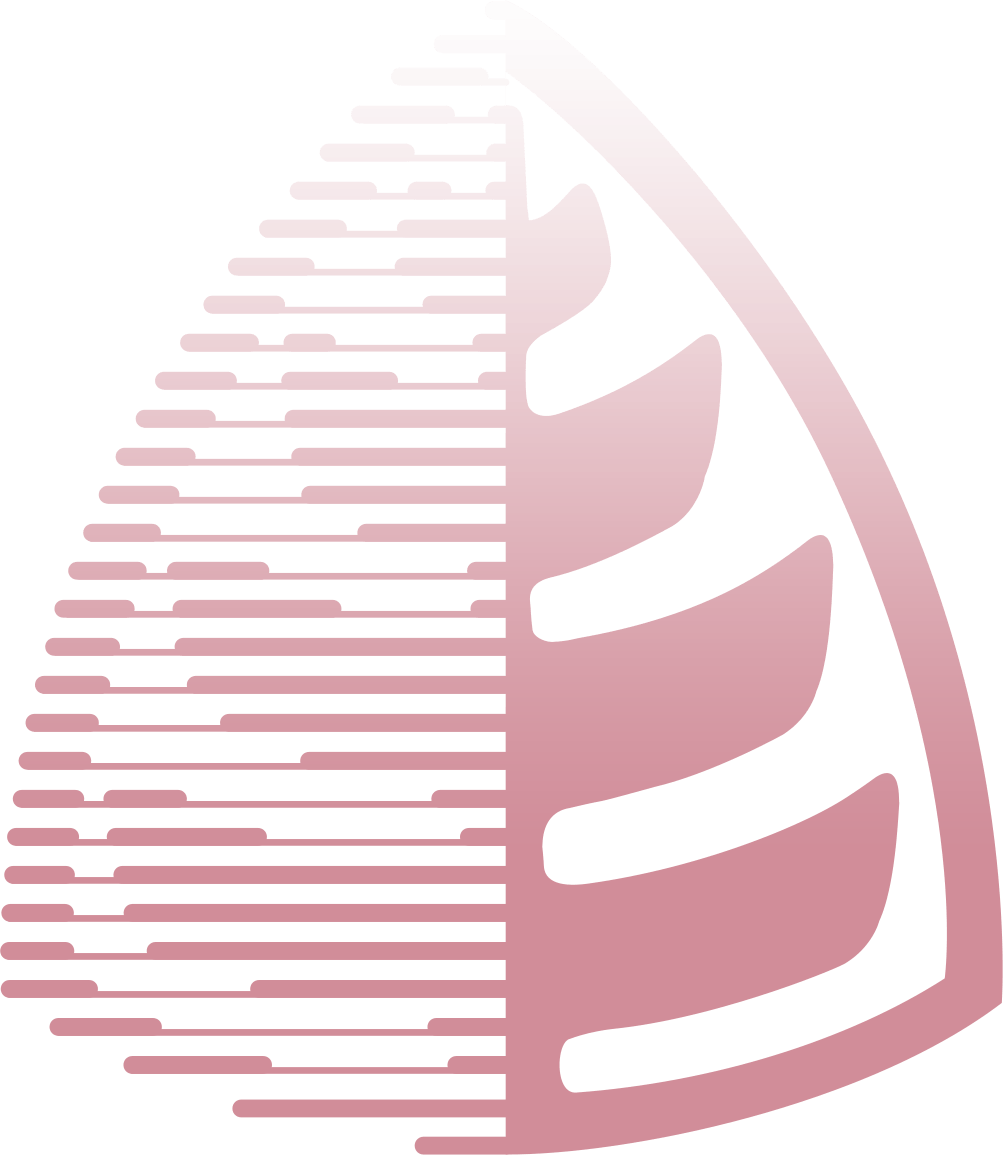Junior School
Junior School at Cranbourne Secondary College includes students in Years 7 and 8. Our aim in Junior School is to create an environment where students feel empowered to learn and achieve.
Students enrolling in Junior School come from different stages in their learning. Our role is to identify their learning needs and deliver a program that consolidates and develops the essential skills of literacy, numeracy, and personal and social capabilities. Establishing a strong foundation in these skills will set a student up for success in all areas of life.
Junior School is led by the Junior School Principal, Mrs Michelle Colette. Each year level has a Year Level Leader and Year Level Coordinators who are the main point of contact for parents, students, and teachers.
Collaboration between the home and the college is the key to fostering quality education and achieving positive student outcomes. If you have any inquiries regarding the curriculum, student welfare, or academic progress, please contact the junior school staff. We highly encourage your participation in information evenings and parent/teacher conferences.
Junior School Team


